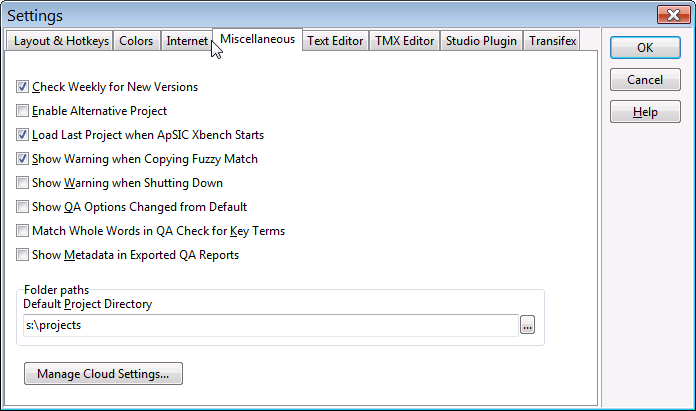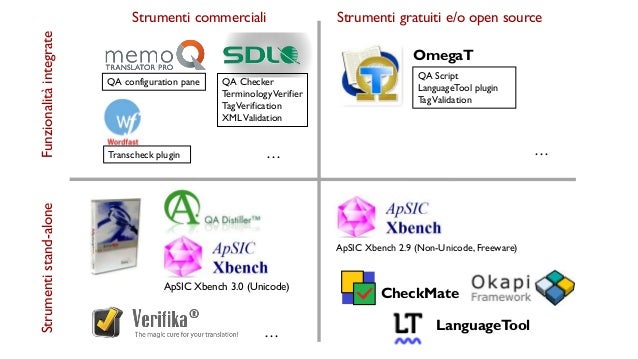
- APSIC XBENCH 3.0 CRACK FOR MAC
- APSIC XBENCH 3.0 CRACK FULL VERSION
- APSIC XBENCH 3.0 CRACK PDF
- APSIC XBENCH 3.0 CRACK DOWNLOAD
- APSIC XBENCH 3.0 CRACK CRACK
APSIC XBENCH 3.0 CRACK DOWNLOAD
Download Flip Shopping Catalog Version 2.4.6.4 Ful. APSIC XBENCH 3.0 CRACK PDF
Flipbuilder Flip Pdf Version 4.4.6.4 Full (cracked. APSIC XBENCH 3.0 CRACK FOR MAC
Download Parallels Desktop 12 for Mac Pro Full + c. Visual Paradigm Version 13.2 PRO Full Download (wi. Download Paessler PRTG Version 16.4 Full (crack in. Download FluidSIM Version 5.2b Full (crack included). APSIC XBENCH 3.0 CRACK CRACK
Kutools for Excel Version 15.00 Full Download + crack. Download Actual Multiple Monitors Version 8.9.2 Fu. VMware Workstation Pro 12.5 Version Full Download. Download TriDef 3D Version 7.2.0 Full (with crack). SysTools PST Merge Version 3.2 Full (with crack). Download Ranorex Version 6.1 Full (crack included). Mediafour Macdrive PRO Version 10.2 Full Download. Download PureBasic Version 5.50 Full (crack included). APSIC XBENCH 3.0 CRACK FULL VERSION
M4VGear DRM Media Converter 5.2.9 Full Version Dow.Download Artsoft Mach4 Version Full (with.VirtualRig Studio PRO Version 3.0.718 Full Downloa.Download Speedify Desktop Version 4.0.8 FULL + crack.
 Download XTools Pro 16.0 Full Version (with crack). Themler PRO Version 1.0.355 Full Download + crack. Download PCUnlocker 3.8 Full Version (crack included). Quetek File Scavenger Version 5.2 Full (cracked). Download NVivo 11.3.2 Full Version (crack included). But if you need more, you can also create your own personal checklists to make sure that your translations are perfect. Xbench comes with some useful predefined quality checks for completeness, consistency, numbers, tags, key terms, and so on. Now available for 48 languages with Hunspell dictionaries. Spell-check your translations in a breeze, no matter how many words or files you are to deliver today. All these formats are presented in a common results window so that you can focus on terminology and not on the application it came from. Just load your bilingual references on Xbench and press Ctrl+Alt+Insert from any Windows application when you want to find a term.Īdd terminology sources in most common CAT formats including TMX, XLIFF, Trados, Wordfast, MemoQ, Deja Vu, IBM Translation Manager and many more. With Xbench you are just a hotkey away from your terminology. Just load files in any of the dozens of CAT formats supported and get your translation quality to the next level. memoQuickie: "compatible" XLIFF in memoQ 6, 6.2 an.ApSIC Xbench provides simple and powerful Quality Assurance and Terminology Management in a single package. memoQ 6 desktop: working with other memoQ users. memoQ 6.0.55: The Great Leap Forward with a Client. TM-Europe 2012: managing translation, not memories.
Download XTools Pro 16.0 Full Version (with crack). Themler PRO Version 1.0.355 Full Download + crack. Download PCUnlocker 3.8 Full Version (crack included). Quetek File Scavenger Version 5.2 Full (cracked). Download NVivo 11.3.2 Full Version (crack included). But if you need more, you can also create your own personal checklists to make sure that your translations are perfect. Xbench comes with some useful predefined quality checks for completeness, consistency, numbers, tags, key terms, and so on. Now available for 48 languages with Hunspell dictionaries. Spell-check your translations in a breeze, no matter how many words or files you are to deliver today. All these formats are presented in a common results window so that you can focus on terminology and not on the application it came from. Just load your bilingual references on Xbench and press Ctrl+Alt+Insert from any Windows application when you want to find a term.Īdd terminology sources in most common CAT formats including TMX, XLIFF, Trados, Wordfast, MemoQ, Deja Vu, IBM Translation Manager and many more. With Xbench you are just a hotkey away from your terminology. Just load files in any of the dozens of CAT formats supported and get your translation quality to the next level. memoQuickie: "compatible" XLIFF in memoQ 6, 6.2 an.ApSIC Xbench provides simple and powerful Quality Assurance and Terminology Management in a single package. memoQ 6 desktop: working with other memoQ users. memoQ 6.0.55: The Great Leap Forward with a Client. TM-Europe 2012: managing translation, not memories.  Translation tech newsletter deal until September 9th!. A new look for MultiTerm XML data in memoQ & Trados. The Sodrat Suite: delimited text to MultiTerm. Equivalent Rates in Translation Billing. Moreover, compression can of course greatly reduce file-size, as mqxliff gets bulky rather fast. So, Kevin, I certainly agree that Kilgray could have done more to promote transparency and ease of use, and using a compressed by format could be considered a brazen attempt at boosting vendor lock-in, though it's also conceivable that some clients preferred this for security reasons, since compressed files can not easily be scanned/grepped, assuming the contents are very sensitive.).
Translation tech newsletter deal until September 9th!. A new look for MultiTerm XML data in memoQ & Trados. The Sodrat Suite: delimited text to MultiTerm. Equivalent Rates in Translation Billing. Moreover, compression can of course greatly reduce file-size, as mqxliff gets bulky rather fast. So, Kevin, I certainly agree that Kilgray could have done more to promote transparency and ease of use, and using a compressed by format could be considered a brazen attempt at boosting vendor lock-in, though it's also conceivable that some clients preferred this for security reasons, since compressed files can not easily be scanned/grepped, assuming the contents are very sensitive.). 
Not to be tough on MS - their recent open source initiatives are commendable.) Of course, there is probably some very good reason why memoQ does not use the more obvious choice, "true", like MemSource does.īriefly put, predictability is important, but this is the enemy of vendors who wish to retain and grow their business (preferably until they take over most of the market, like Microsoft brilliantly achieved with their hard-to-crack formats for years. I pity anyone tasked with writing fully-functional conversion filters for these formats. Notice how in the below image, MemSource uses "true" to indicate that a segment is locked, while memoQ uses "locked". The XLIFF 1.2 standard does not specify values for the "locked" attribute of, so the follow is not so surprising, but it's still a situation that incidentally supports vendor lock-in, since it complicates conversion between vendor formats needlessly: I got curious and started comparing files to see if it would be simple to write a conversion program for mliff -> mqxliff, when I came across something interesting. I wanted to import this file into memoQ, and attempted to do so using the default plain XLIFF filter, though unfortunately all the special metadata is ignored (as expected). I know I'm 3 years late, but this seemed relevant to the discussion:







 0 kommentar(er)
0 kommentar(er)
